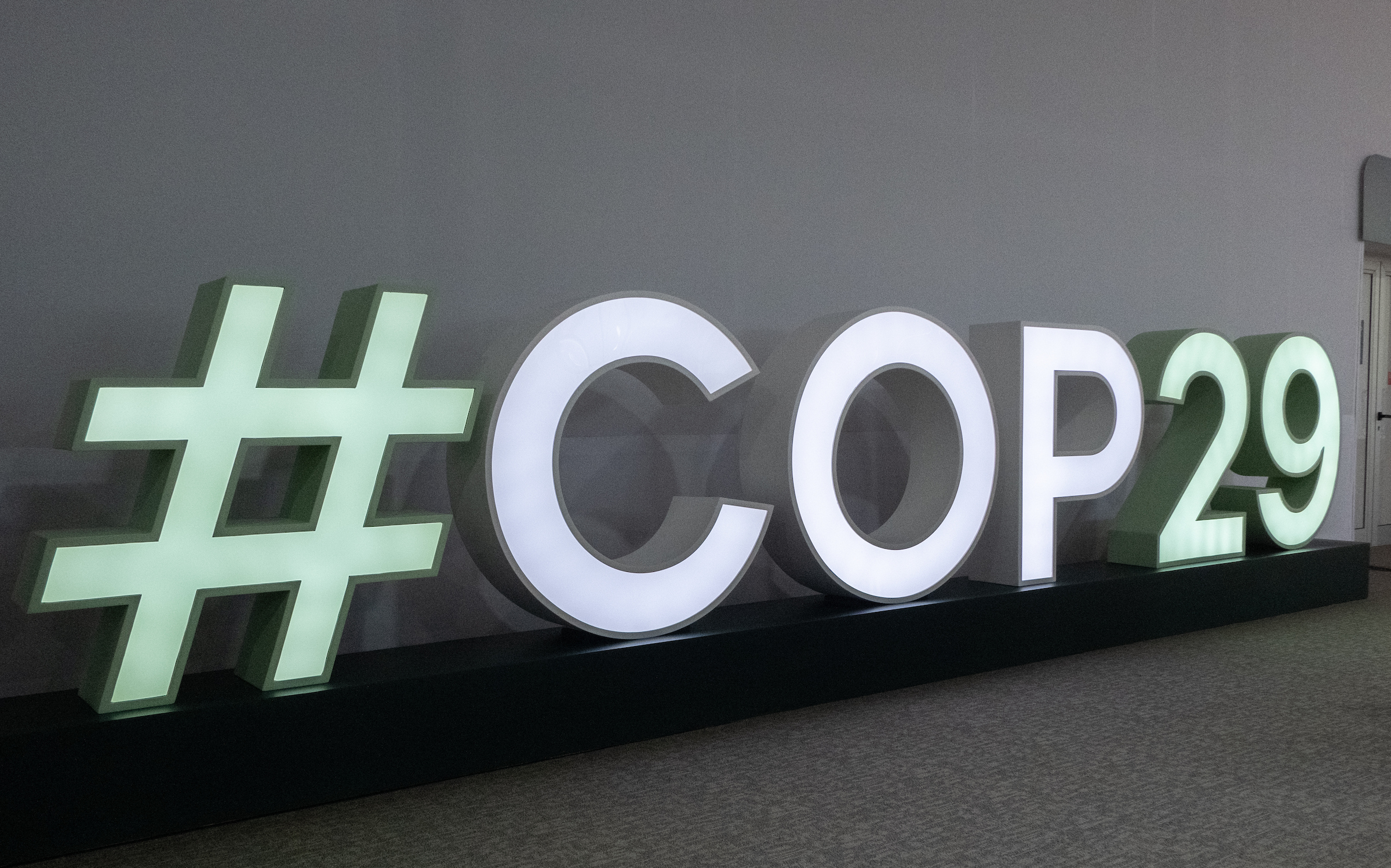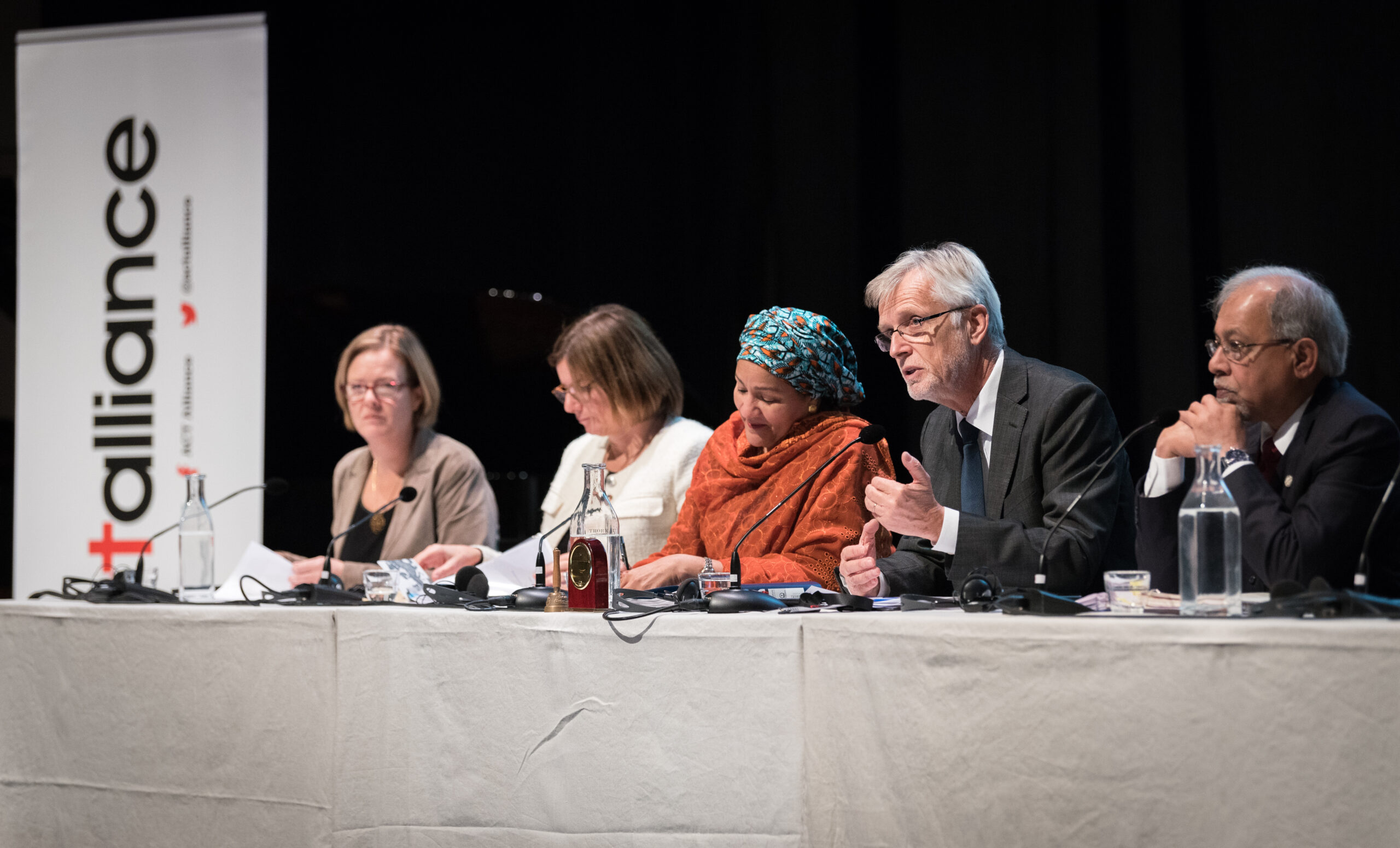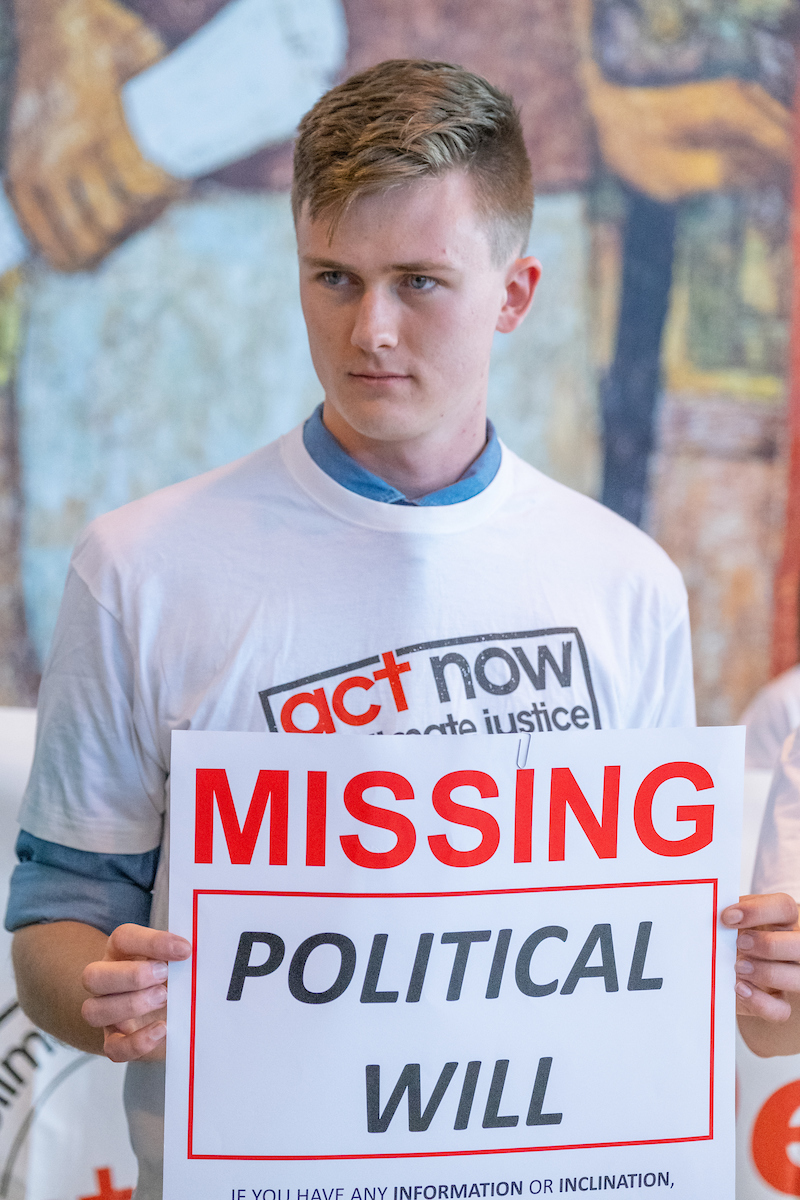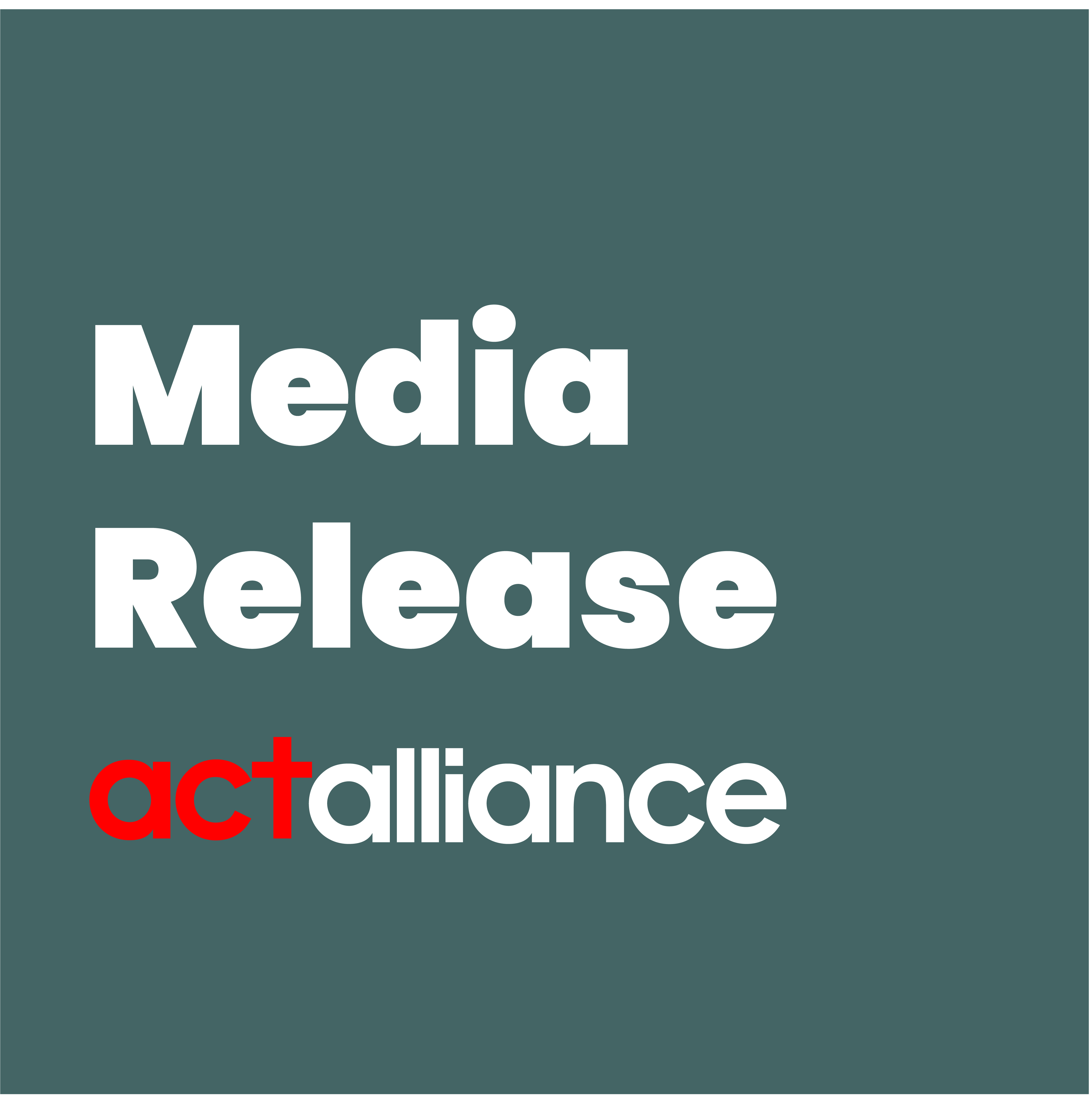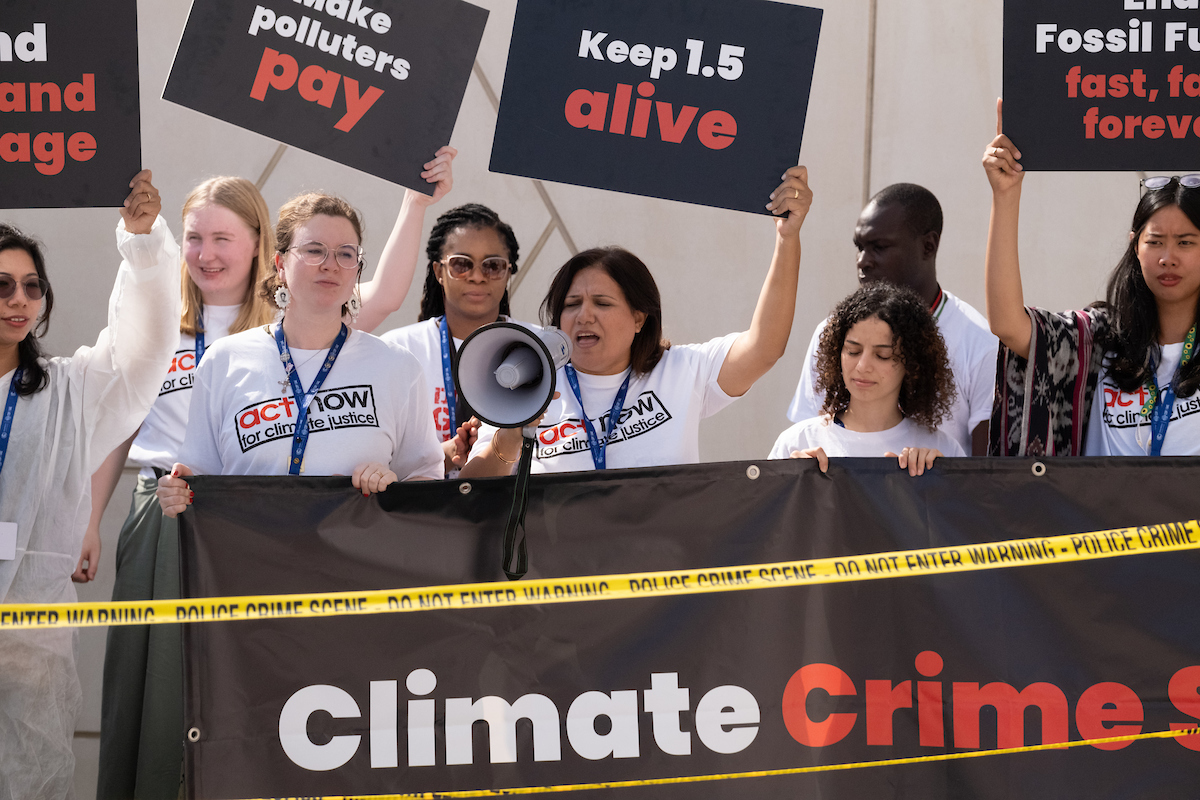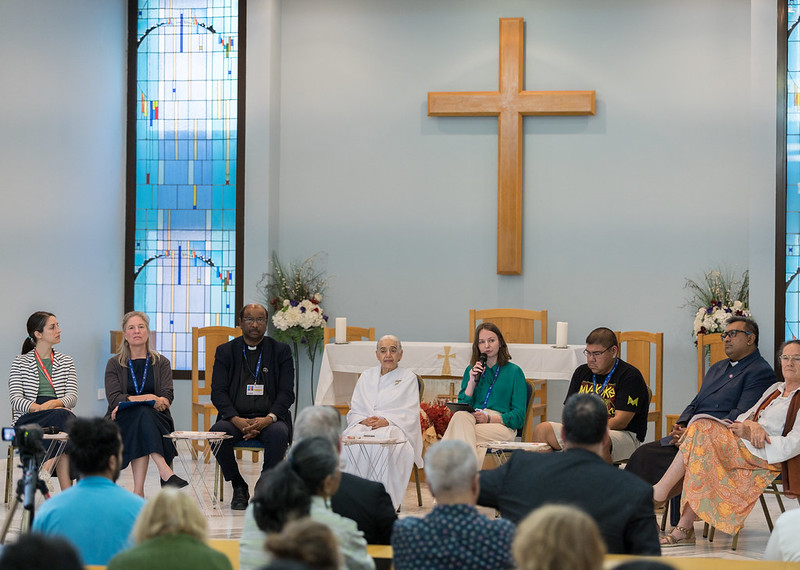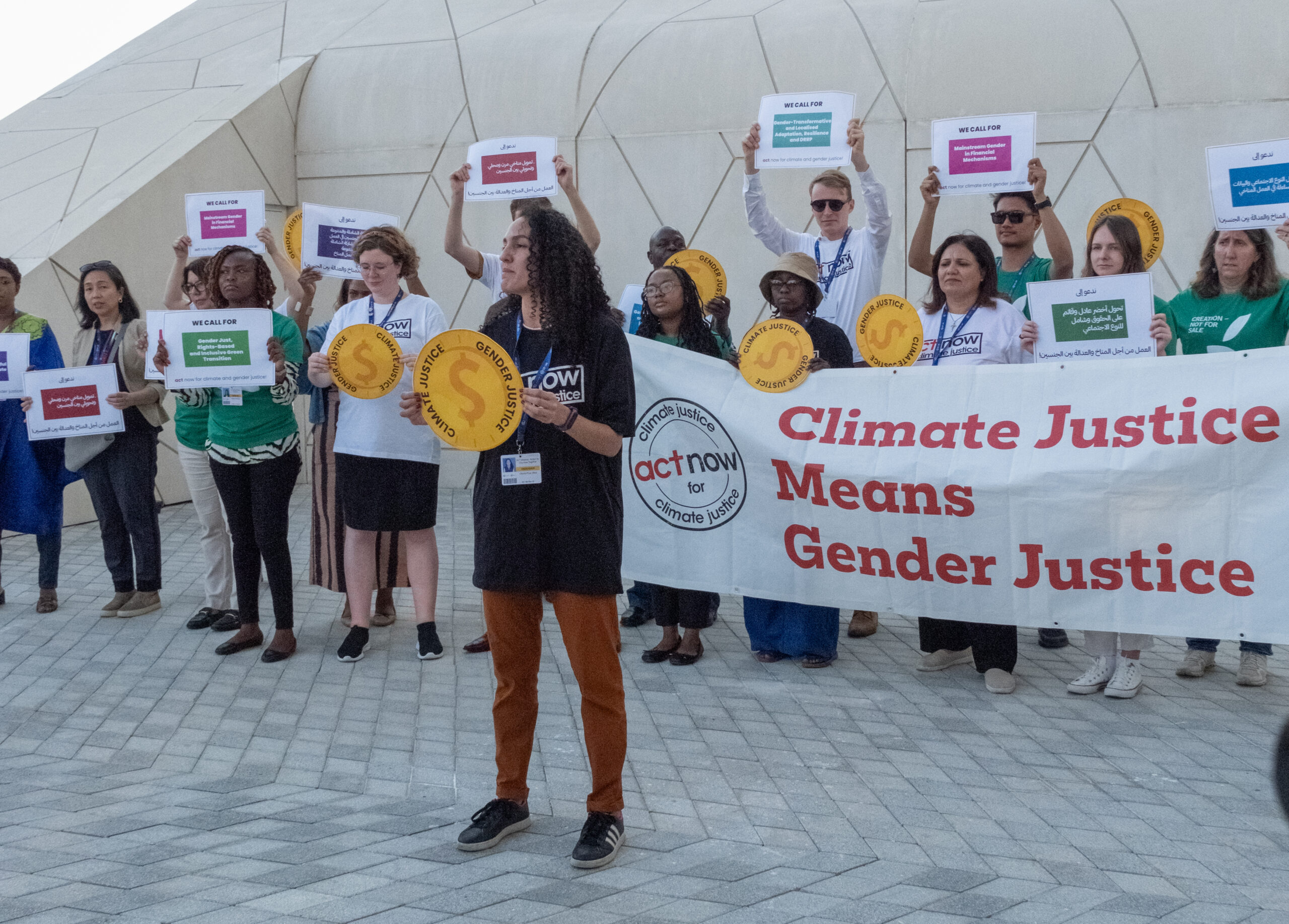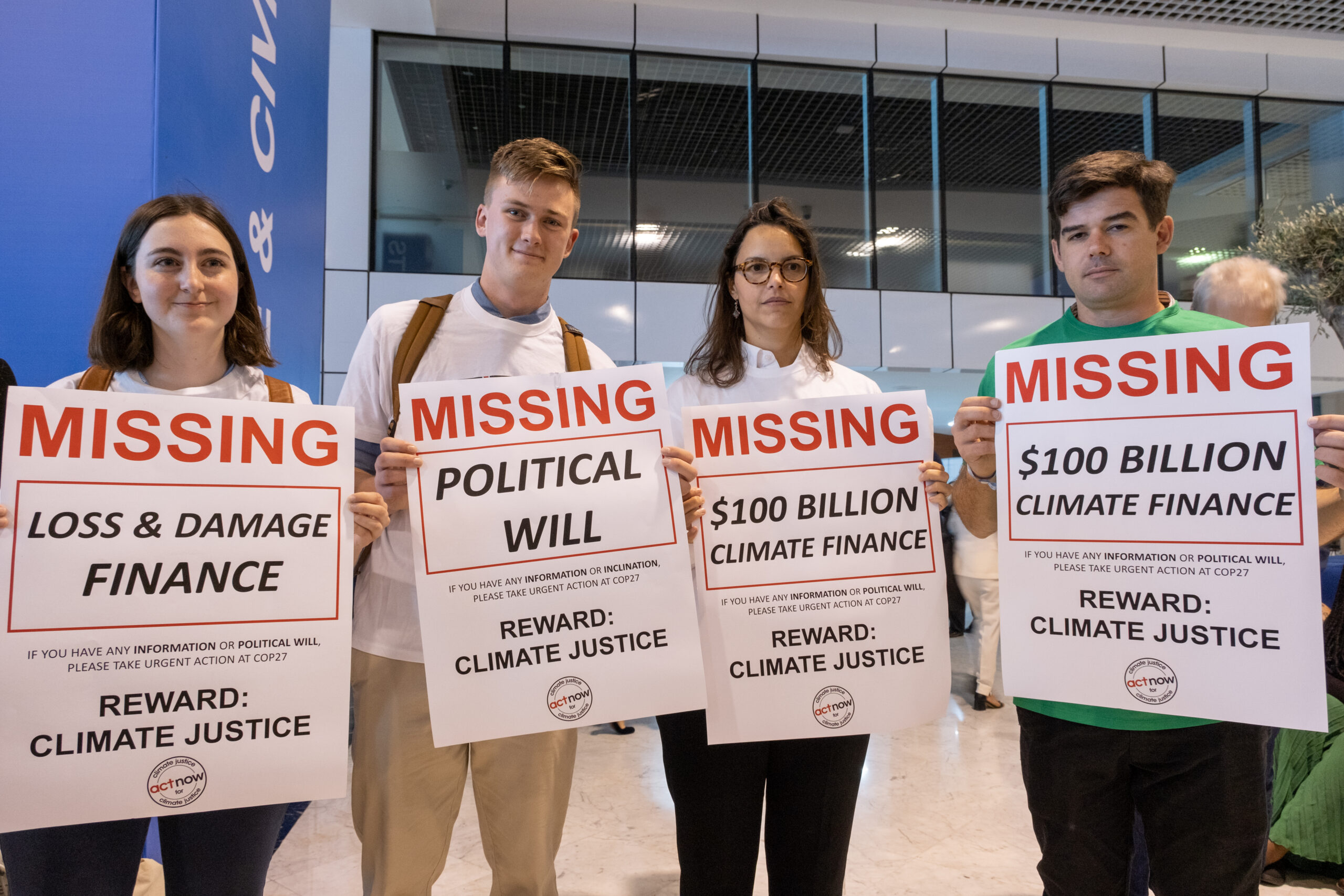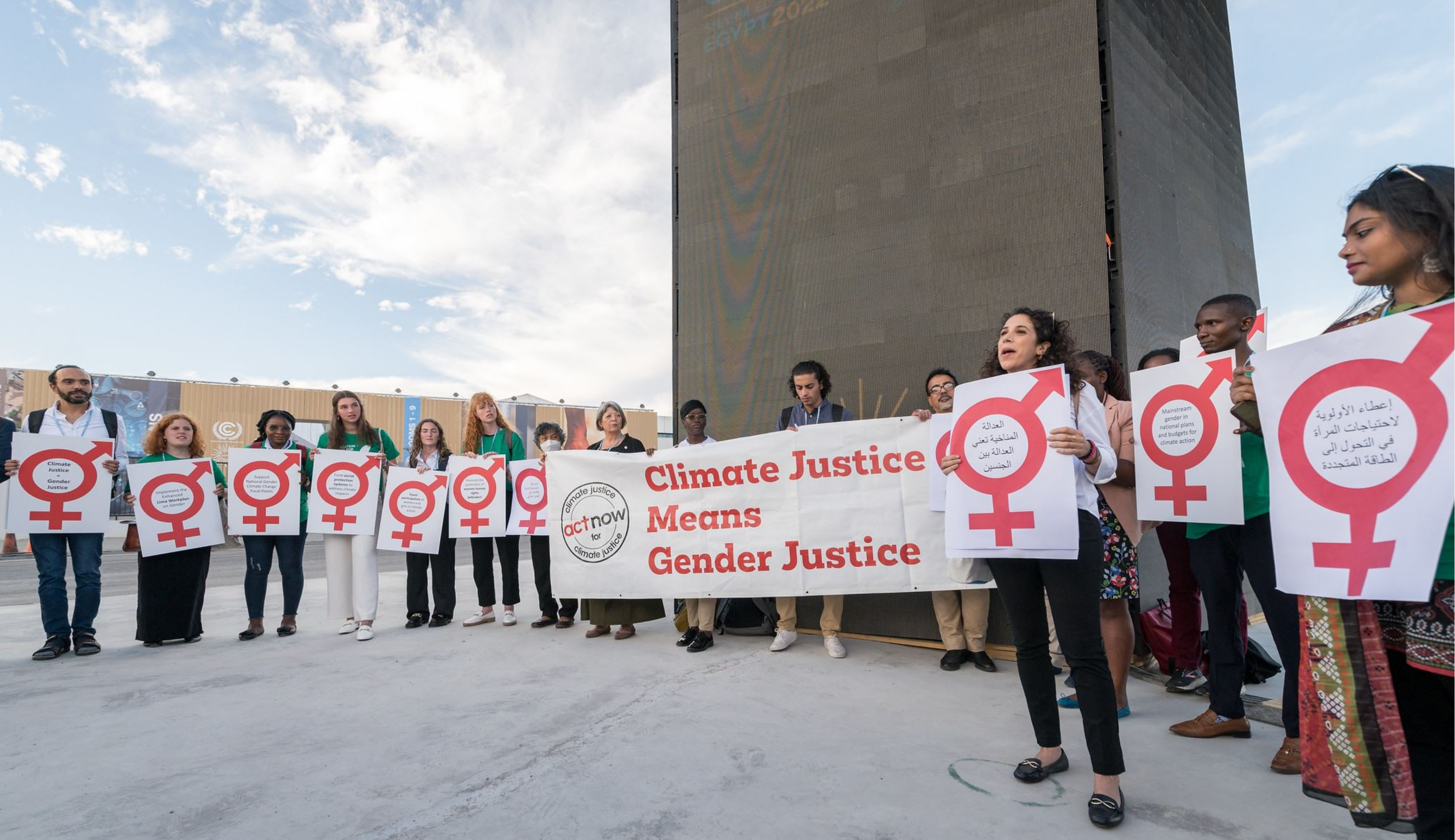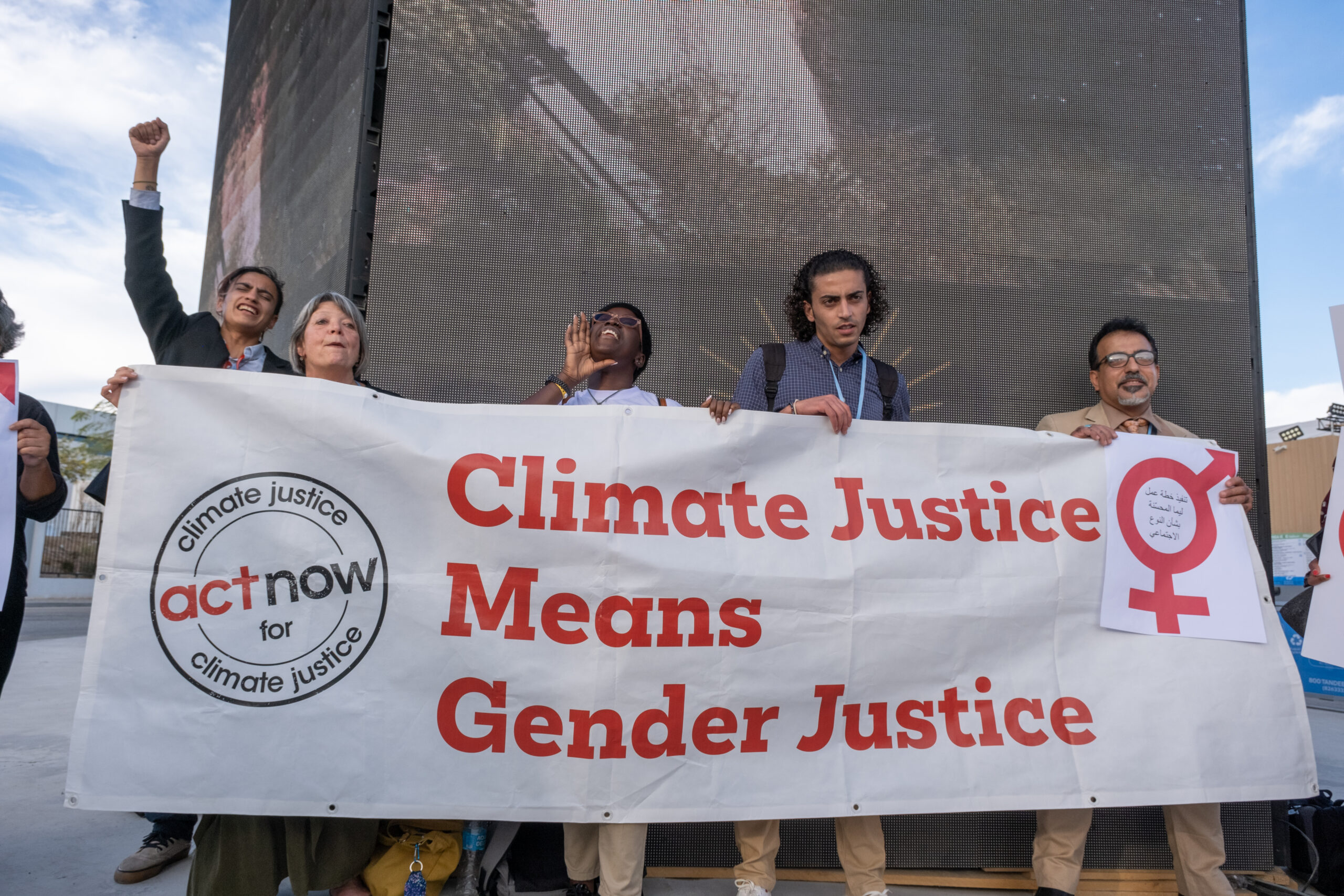FOR IMMEDIATE RELEASE
December 11, 2023
Dubai, United Arab Emirates – The text released on the Global Stocktake (GST) on Monday evening, December 11, offers only “small fruits among large thorns,” says Julius Mbatia, ACT Alliance’s global climate justice programme manager.
After nearly two weeks of discussions in Dubai, the United Arab Emirates’ presidency has presented a text to the plenary that offers very few wins amidst a sea of disappointing, unambitious provisions.
Julius Mbatia, ACT Alliance, comments:
The GST text is weak in ambition. It does not offer needed crucial decisions but typically restates previous agreements while carefully not committing to fully supporting NDCs and NAPs.
The GGA text too carefully steers away from developed country obligations to provide finance to developing countries; only recalls COP26 doubling adaptation finance decision; and is silent on the future need for developed countries to provide finance for adaptation. This is not a reassuring finance package amidst worsening climate impacts.
Elena Cedillo, Lutheran World Federation, co-chair of the ACT Alliance Climate Justice Group comments:
The current text of the GST falls far, far short of what is needed to keep the goal of limiting global warming to 1.5°C in line with the goals of the Paris Agreement. Governments must raise their ambition to face the climate emergency. The survival of our planet is at stake.
Rev. Tamsyn Kereopa of the Arawa & Tuwharetoa tribes, Anglican Church in Aotearoa New Zealand and Polynesia comments:
We are at a tipping point and strong commitments are needed now in order to safeguard Mother Earth and the life she supports. This text therefore comes as a devastating blow. It is tragic that politics and the economic interests of the powerful are still the strongest priority for many parties. Such short sightedness will be directly responsible for the coming irreversible damage.
Maro Maua, Lutheran World Federation youth climate activist, comments:
As youth participating in COP28, this is very disappointing. Governments must show commitment to future generations. Raising ambition is a must to provide a future for future generations.
George Devendorf, Senior Director of External Relations, Church World Service, comments:
Tonight’s draft agreements illustrate a remarkable degree of timidity at a time calling for courageous, principled action. As COP28 draws to a close, we implore nations to seize this moment, demonstrate true leadership, and deliver a robust, accountable, and just roadmap to help humanity navigate the daunting challenges that lie before us.
Savanna Sullivan, Lutheran World Federation, comments:
I am angered by the lack of government commitment in the GST. Their actions prioritise the profits of a few over both the survival of the planet and over the voices of millions of young leaders calling for change. Phasing out of fossil fuels quickly is essential for the respect of God’s creation and the survival of future generations.
Mattias Söderberg, DanChurchAid, co-chair of the ACT Alliance Climate Justice Group comments:
The text throws out the target of 1.5. It is a scandal.
Most items are voluntary. If this document is adopted, the effect will depend fully on political will by parties. Text that could be positive is often couched in nebulous terms like “notes” and “could include” without actually requiring anything. In particular, finance – critical to implementation of ambitious mitigation, adaptation and loss and damage actions – is largely lacking from the new text.
The new proposed #COP28 text will not lead us towards the 1.5 degree target. I do hope that parties continue to engage in the negotiations, to increase their ambition.
ACT Alliance joins many parties in the developing world and civil society and other organisations in calling for a phase out of fossil fuels. “This phase out must go hand in hand with a just transition and finance for the phase out to support developing countries as they shift,” notes Simon Chambers, ACT Alliance’s director of communications.
Media contact:
Simon Chambers, Director of Communications, ACT Alliance
WhatsApp: +1-416-435-0972 email: simon.chambers@actalliance.org
